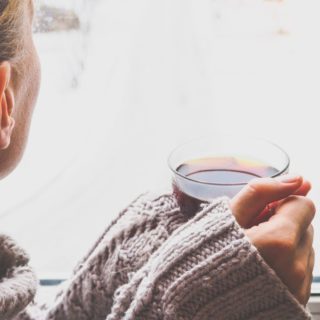
The season is changing, and the days of shorter sunshine and longer nights will soon be past. Leaving winter and heading into spring is a reason for most people to rejoice, and start thinking of outdoor activities, ice cream, and parties. Most of us look forward to these things, even those people in recovery. With shifts in the weather, it can be tricky to navigate what it means to move from one season to the next. From winter to spring and spring to summer are welcome changes, but they also mean more parties and invitations to socialize, which can be triggering. Wintertime is hard for some people with seasonal affective disorder (SAD). When life seems to shift, it can be healing to think of seasonal shifts in the same way: take it one day at a time.
Spring Ahead
The start of spring can feel like a new beginning and those who have previously been addicted may want to take steps forward towards goals of sobriety and staying in their recovery that they might have pledged in the new year. Coupled with the sunlight, warmer weather, and longer days, springtime can boost one’s immune system, and pick up moods, thus making us feel better. However, for those people in recovery, spring and summer may also bring thoughts that pull them back to their past addiction.
Triggers
One of the more difficult aspects of recovery for those who have struggled with addiction is learning how to deal with triggers. When the seasons transition, it may seem routine to everyone else, but for those in recovery the change can cause them to feel unbalanced and vulnerable. The new season may bring with it memories of previous habits and behaviors. It may remind them of associating with old friends who were partying with them or being with them while they drank or used drugs. Those who have given up drinking may be reminded of alcohol, and going out to bars. It can be very hard to overcome such triggers and maintain their sobriety.
Holiday Shifts
Similarly, the transition into fall, and particularly winter, is also a stressful time. Going into the holiday season is especially challenging, as there are winter parties, and family get-togethers. The person in recovery is a different person to the one who used to struggle with addiction. Perhaps relationships have ended since then, and families have battled to stay united. Even without all of the above at play, winter can be a depressing time of year. Approximately 14% of people experience depression during the winter. SAD is a type of depression, that is directly related to the transitioning of the seasons. Those who suffer from SAD usually see their symptoms begin in the fall and continue through winter. While it is uncommon to experience SAD symptoms in the spring and summer, it can definitely happen. Those who suffer from SAD will see milder symptoms, to begin with, and intensifying as the seasons progresses.
Dealing with Seasonal Triggers
Knowing that the seasonal change is affecting you and taking steps to deal with it, will help you get through the transition, without jeopardizing the recovery process. Be sure to get enough exercise and eat healthily. Make good choices to be around those who support sobriety and recovery efforts. Seek help if it seems things are slipping away, more time is being spent thinking about old friends and times rather than being healthy and it is hard to stay focused on recovery. Don’t let seasonal shifts deter the journey that has begun and helped bring so much peace. There is hope on the other side of recovery with patience and planning.
At The Guest House Ocala, we are here to help you deal with whatever transitions you are going through. We have the resources you need to get you through the change, and on your journey through recovery. Call us to discover what we can do for you: 1-855-483-7800